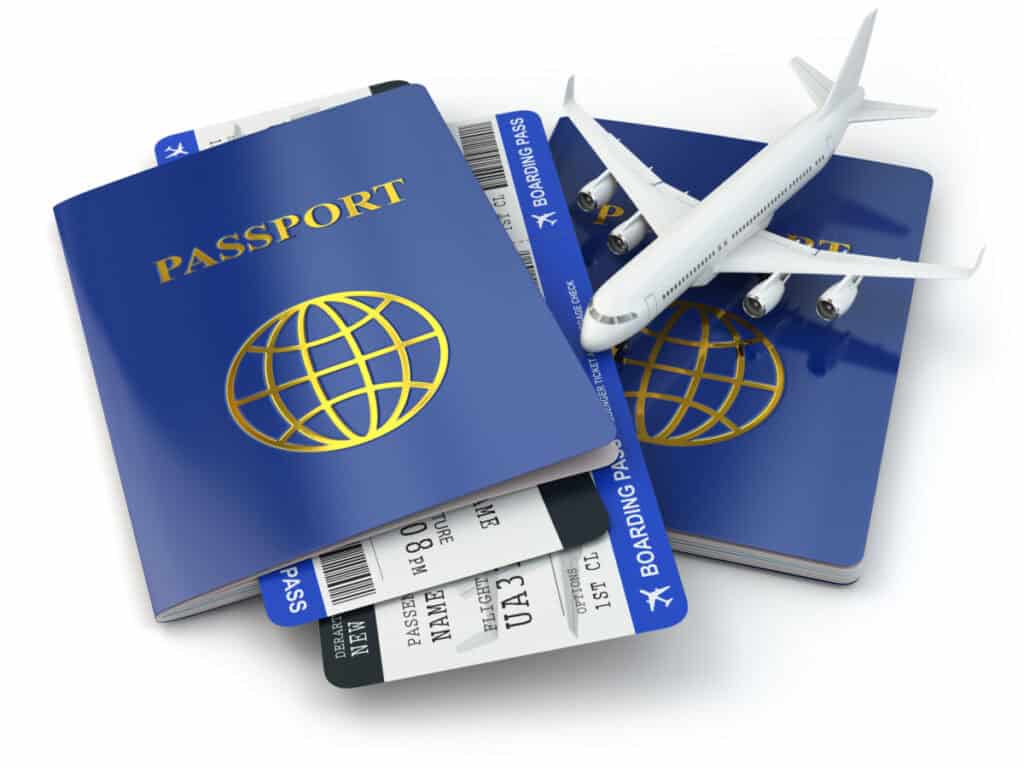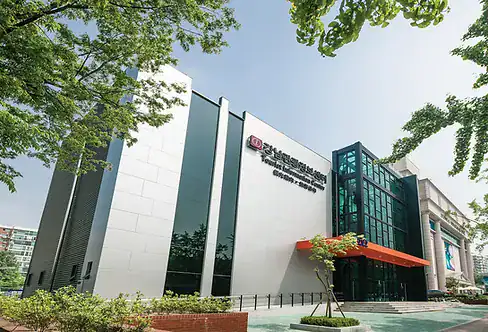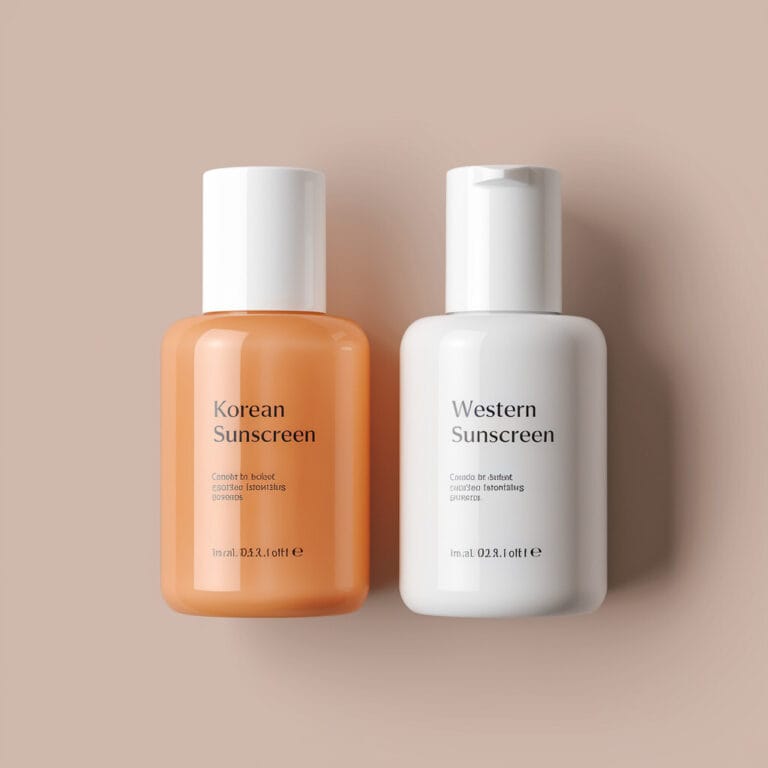PART 3 : Your Complete Guide to Medical Travel in Korea 2025: Planning, Budgeting & Agency Tips
Prologue: Jay Kim’s Practical Take
“Hello again, everyone! I’m Jay Kim, here to continue our deep dive into all things related to Medical Travel in Korea. If you read Part 2, you already know how impressive Korea’s specialties can be—from cutting-edge cancer care to advanced cosmetic procedures. But now it’s time to get practical: How do you actually organize an entire trip for medical treatment in Korea?
And here’s another big question: should you do it all solo, or lean on a medical tourism agency? We’ll explore both angles in this extended guide—so you can confidently choose the approach that fits you best.”
1. Defining Your Goal: Treatment, Checkup, or Both?
“Before booking flights and hotels, clarify why you’re heading to Korea for healthcare. Are you aiming for a specific surgery, such as knee or spinal procedures? Do you want a comprehensive health screening that catches potential issues early? Maybe you’re intrigued by the famed K-Beauty scene and hope to combine a skincare routine or aesthetic procedure with a cultural getaway. Whatever your goal, pinpoint it first. It’s crucial in shaping the rest of your Medical Travel in Korea.”
- Focused Procedure (e.g., Orthopedic Surgery, Cancer Care, Cardiology, Plastic Surjery)
- Start by reaching out to at least two hospitals or clinics to gauge feasibility. Many offer initial consultations via email or video, helping you confirm whether you’re a good candidate for a given procedure.
- Preventive Checkups
- Korea is admired for swift, efficient health screenings. You can often squeeze a thorough exam into just a day or two, leaving extra time for sightseeing or relaxation.
- Hybrid Approach
- Some travelers mix a planned procedure with cultural or wellness activities—like temple stays, K-pop dance classes, or a short trip to Jeju Island. Just remember that recovery time can impact how adventurous you want to be.
Jay’s Note: “One friend of mine did a quick checkup, shopped for Korean skincare products in Myeongdong, then had a minor cosmetic touch-up—all in a single week. That’s how streamlined Medical Travel in Korea can be!”
2. Visa & Entry Requirements: The Often-Overlooked Step
“Now, let’s address a detail people sometimes forget: entry requirements. For many visitors from the U.S., Europe, or parts of Asia, short-term stays can be visa-free if your trip is under a certain duration (often 90 days). But if you plan on a longer stay—especially for involved treatments like surgery or lengthy rehab—you might need a medical visa (C-3-3).”

2.1 Essential Documents
- Hospital Appointment Confirmation
- If you’re scheduled for a major procedure, the hospital typically issues an official treatment plan or invitation letter. This document can be pivotal when applying for a medical visa.
- Financial Proof
- Some embassies will request a recent bank statement or other evidence that you can handle the costs of both treatment and travel.
- Travel & Health Insurance
- While not always mandatory, having coverage that includes potential complications or hospitalization abroad is wise. Look into policies tailored to Medical Travel in Korea, if possible.
Timing Tip: “I usually recommend starting your visa prep 6 to 8 weeks in advance. Last-minute visa hiccups are never fun—and you don’t want your surgery date hanging in the balance.”
3. Budgeting Like a Pro: Estimating Costs & Avoiding Surprises

“Finances are a key part of planning Medical Travel in Korea. Whether you’re going it alone or hiring a facilitator, setting a realistic budget early on saves headaches later.”
3.1 Medical Procedure & Hospital Fees
- Comparing Quotes
- Email multiple hospitals or clinics to gather baseline costs. Keep in mind that reputable hospitals in Seoul might charge more than smaller regional facilities, but they may also offer certain specialties or advanced equipment.
- Additional Treatments
- If your procedure might require post-op physical therapy, extra lab tests, or even an extended recovery stay, factor those into your total. Surprises happen when travelers forget to account for these smaller yet cumulative expenses.
3.2 Accommodation & Daily Expenses
- Hospital-Affiliated Accommodations
- Major hospitals sometimes partner with nearby hotels, offering bundled deals. Some even have VIP suites with room service and specialized nursing.
- Food & Transit
- Korea’s public transportation is convenient and cost-effective, but if you plan to rely on taxis or private cars (especially right after surgery), build in a cushion for that. Restaurant prices vary widely, from affordable local eateries to high-end fusion spots.
3.3 Payment Methods & Currency Matters
- Credit Cards
- Generally accepted in urban areas, though smaller clinics may prefer cash or bank transfer.
- Advance Deposits
- Hospitals might require a partial deposit to secure your surgery date. Confirm their refund or cancellation policies in case plans shift.
- Exchange Rate Fluctuations
- Small differences in currency conversion can add up quickly if you’re paying large medical bills, so keep an eye on rates.
Jay’s Pro Tip: “A 10–15% buffer is a lifesaver. If your lab results suggest an extra checkup or if you decide to prolong your recovery stay, you won’t be in panic mode.”
4. DIY vs. Professional Help: Deciding What Works for You
“The million-dollar question: Do you handle every detail solo, or enlist a medical tourism agency to coordinate your Medical Travel in Korea?”

4.1 Going Solo (DIY Approach)
- Pros
- Full Control: You choose the hospital, the hotel, the flight schedule—everything. No agency fees.
- Custom Exploration: If you enjoy researching and want a truly tailor-made experience, this might be your jam.
- Cons
- Time-Consuming: Vetting hospitals, reading reviews, emailing back and forth can be a big commitment.
- Language & Cultural Gaps: If you’re not comfortable with medical jargon in English or Korean, crucial details might slip through the cracks.
A Real Story: “My colleague wanted a quick dental implant in Seoul. She handled the entire process alone, from emailing the clinic to booking an AirBnB nearby. It worked out fine, but she admits the back-and-forth was pretty draining.”
4.2 Working with a Medical Tourism Agency
- Pros
- Stress-Free Coordination: Airport pickups, hospital appointment scheduling, interpreter services—many agencies handle it all.
- Local Insights: A good agency knows which hospital excels at specific treatments, possibly saving you from guesswork.
- Language & Cultural Bridge: Detailed medical discussions often require specialized vocabulary. Having an interpreter who’s fluent in medical terminology can be invaluable.
- Cons
- Added Fees: Some agencies charge a flat fee; others take a percentage of your total hospital bill.
- Potential Bias: If an agency partners with only a handful of hospitals, your options might be more limited.
Jay’s Observation: “An American friend emailed multiple hospitals solo and felt overwhelmed. She pivoted to an agency and got everything confirmed in three days—at the cost of about 10% on top of her total. Was it worth it? She said absolutely yes for her peace of mind.”
5. Agency Considerations: Costs, Reviews & Contracts
“If you’re leaning towards an agency to simplify your Medical Travel in Korea, here’s what you need to double-check.”

5.1 Different Pricing Structures
- Flat Coordination Fee
- Easy to budget, but make sure you know if hospital fees are separate or discounted.
- Commission/Percentage
- The agency might claim to offer a hospital discount, but also take a cut. Ask for a full breakdown to see if you’re genuinely saving money.
- All-Inclusive Deals
- A single package covering hospital charges, hotels, in-country transport, and sometimes even cultural tours. Very convenient, but compare the final amount to typical a la carte costs.
5.2 Review Hunting & Verifying Credibility
- Third-Party Platforms
- Don’t rely solely on the agency’s official website. Check community forums, social media groups, or official tourism sites for impartial reviews.
- Local Accreditations
- Some agencies hold certifications from KHIDI (Korea Health Industry Development Institute) or city government endorsements (e.g., Gangnam Medical Tour). This often implies a higher standard of professionalism.
5.3 Contract Must-Haves
- Clear Refund & Cancellation Policy
- Medical schedules can shift if lab results change or if you need extra rest. Know how much you’d lose if you cancel or reschedule.
- Detailed Service Scope
- Does the contract include an interpreter for every hospital visit? Will they arrange post-op care or follow-up appointments if required?
- Emergency Support
- Life happens. Ask if the agency has a 24-hour helpline or staff on-call for urgent issues.
Jay’s Two Cents: “If the agency is cagey about showing you a sample contract up front or keeps pushing only one hospital without letting you explore alternatives, that’s a red flag.”
6. Booking Appointments & Scheduling Your Time Wisely
“Once your budget is in check and you’ve decided on an agency (or not), it’s time to finalize the nuts and bolts of your Medical Travel in Korea.”
6.1 Initial Consultations & Online Paperwork
- Hospital Websites
- Many reputable hospitals (e.g., those in Seoul, Busan, or Daegu) have international centers with English (and sometimes Chinese or Russian) support.
- Medical Records
- Digitize everything relevant: X-rays, MRI results, prescription records, and even relevant doctor’s notes from home. This can speed up the planning process significantly.
6.2 Scheduling Strategies
- Buffer Before Surgery
- Aim to arrive at least 1–2 days before a major procedure. You’ll want time to adjust to jet lag, settle in, and maybe even do a final in-person consultation.
- Recovery vs. Tourism
- Post-op rest is crucial. Plan lighter activities (like a serene temple stay or short city tour) if your doctor gives the green light. Hardcore hiking or amusement parks might need to wait.
- Follow-Up Appointments
- Some surgeries demand a checkup a week later, or even two. Keep that in mind if you were hoping for a super quick in-and-out trip.
Traveler’s Tale: “Laura from Canada had knee surgery on Day 2, rested at a comfy hotel for four days, then took a train to Busan for a relaxing coastal weekend. She raved about mixing rehab with scenic exploration—just perfect for her pace of recovery.”
7. Blending Treatment with Culture: Making It a True Journey
“Remember, Medical Travel in Korea doesn’t have to be hospital-room monotony. Whether you’re traveling alone or with an agency, consider weaving in some cultural or wellness aspects.”
7.1 Low-Impact Cultural Highlights
- Palace Strolls: Gyeongbokgung or Changdeokgung in Seoul offer historic charm without intense physical strain.
- K-Food Discovery: Think hearty soups (like samgyetang) if you’re in recovery, or light street snacks if you’re more mobile.
- Hanbok Rental: It’s a fun, photo-worthy experience, and many places offer short-term rentals near the palaces.
7.2 Wellness-Focused Escapes
- Temple Stay Programs
- Ideal if you want to immerse yourself in meditation or gentle yoga while recuperating.
- Hot Springs & Jjimjilbangs
- A soak in a hot spring can do wonders for muscle aches, but always get your doctor’s approval first—especially right after surgery.
One Patient’s Perspective: “A Brazilian traveler told me how her half-day spa itinerary helped her de-stress after a minor dental procedure. She said it was ‘the best of both worlds’—an efficient treatment schedule plus authentic local relaxation.”
8. Final Thoughts: Chart Your Course with Confidence
“Here’s the big takeaway: Medical Travel in Korea can be a smooth, rewarding experience if you plan wisely. The country offers advanced medical facilities, efficient processes, and unique cultural charms all in one package. Your job is to:
- Set Clear Goals (Which procedure or checkup do you need?)
- Budget Properly (Always include a buffer for surprises.)
- Decide on DIY vs. Agency (Time vs. convenience vs. cost)
- Book Smart (Handle visa, scheduling, medical records proactively.)
- Embrace Culture (Travel is more memorable when you see more than just hospital walls.)
Whether you manage it all by yourself or team up with a reputable medical tourism agency, the key is thorough research and realistic expectations. A well-orchestrated Medical Travel in Korea can truly blend world-class healthcare with an unforgettable cultural adventure.”
🤔 Frequently Asked Questions 🤔
Let’s Stay Connected
- Comments or Inquiries?
- Email me at official@discoverkoreanow.com
🔗 Suggested Internal Link Subheadings
- Top 5 Seoul Beauty Clinic Guide 2025: Top Choices for International Visitors🔗
- Gangnam Medical Tourism Guide 2025: Free Interpreter, Airport Pickup & More!🔗
- Hotels Near Gangnam Medical Center: Complete Guide for Medical Tourists🔗
- PART 1 : “What If a Hospital Visit Felt More Like a Vacation?”🔗
- PART 2 : 5 Specialized Fields Showcasing Advanced Healthcare in Korea: From Cancer Care to K-Beauty🔗
1. Government & Public Institutions
- Ministry of Health and Welfare (English Homepage)
The primary government body overseeing healthcare policy in Korea. Check here for official updates on medical tourism regulations and guidelines. - KHIDI (Korea Health Industry Development Institute) – Medical Korea
Publishes reports, statistics, and promotional materials related to Korean Medical Tourism. Operates the “Medical Korea” brand to support global awareness. - Korea Tourism Organization (KTO) – VisitKorea: Medical Tourism
Official tourism site featuring hospital listings, procedure guides, and travel tips specifically for international medical visitors.
2. Local Government Medical Tourism Sites
- Seoul Metropolitan Government – Medical Tour Seoul
Offers info on Seoul-based hospitals, concierge services, and cultural activities you can enjoy alongside your treatment. - Gangnam Medical Tour
Focuses on the Gangnam district’s medical facilities (particularly known for plastic surgery and skincare). Provides detailed visitor support and local insights.
3. Major Hospitals & International Clinics
- Asan Medical Center (English Website)
One of Korea’s leading hospitals, offering an international clinic with specialized coordinators for overseas patients. - Samsung Medical Center (English Website)
Renowned for cancer treatments, cardiac care, and advanced surgical techniques. Provides step-by-step guides for international visitors. - Yonsei Severance Hospital – International Health Services
One of the oldest Western-style hospitals in Korea, JCI-accredited, and well-known for its patient-centered care.
4. Additional References
- JCI (Joint Commission International)
Global accrediting body for hospitals. Many top Korean facilities hold JCI accreditation, a key indicator of quality and safety. - Medical Tourism Association (MTA)
International organization offering news, research, and industry insights on medical tourism worldwide.
Feel free to explore these links for up-to-date stats, hospital details, and official guidelines on Korean Medical Tourism. Checking multiple sources will help you get a comprehensive and accurate view of the medical services and cultural experiences awaiting you in South Korea!







